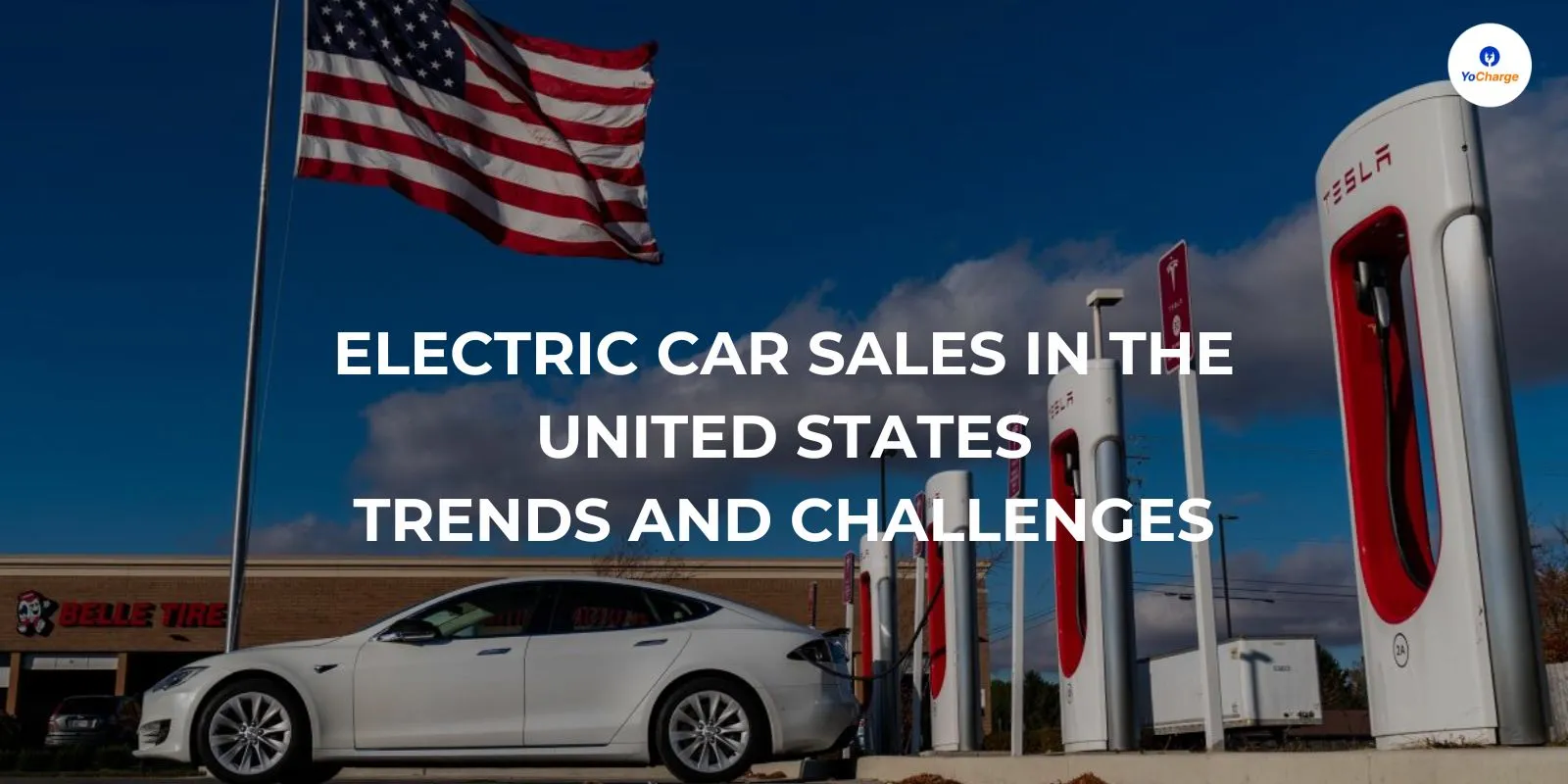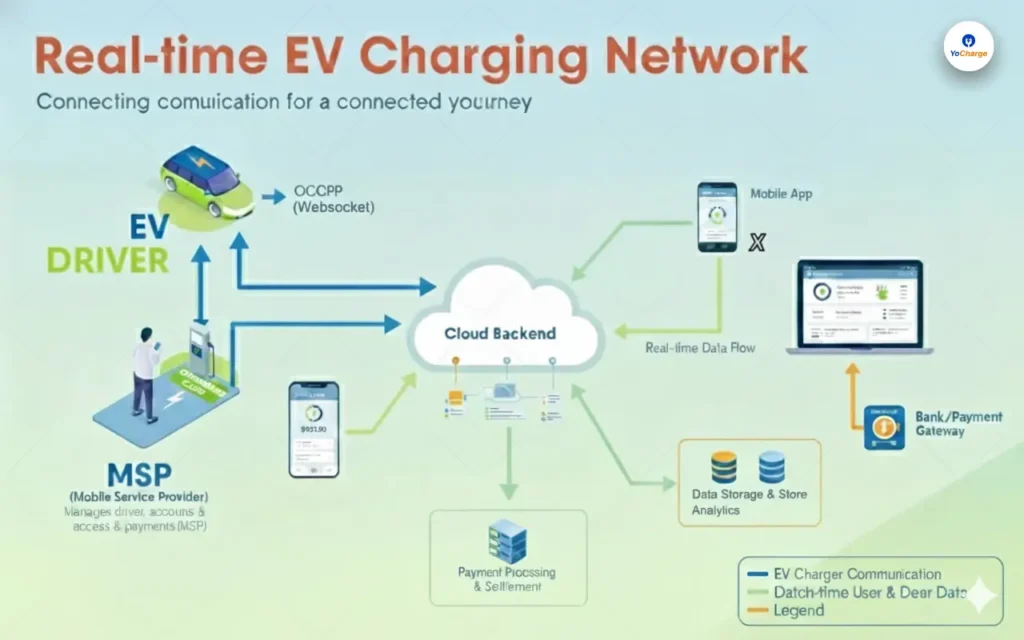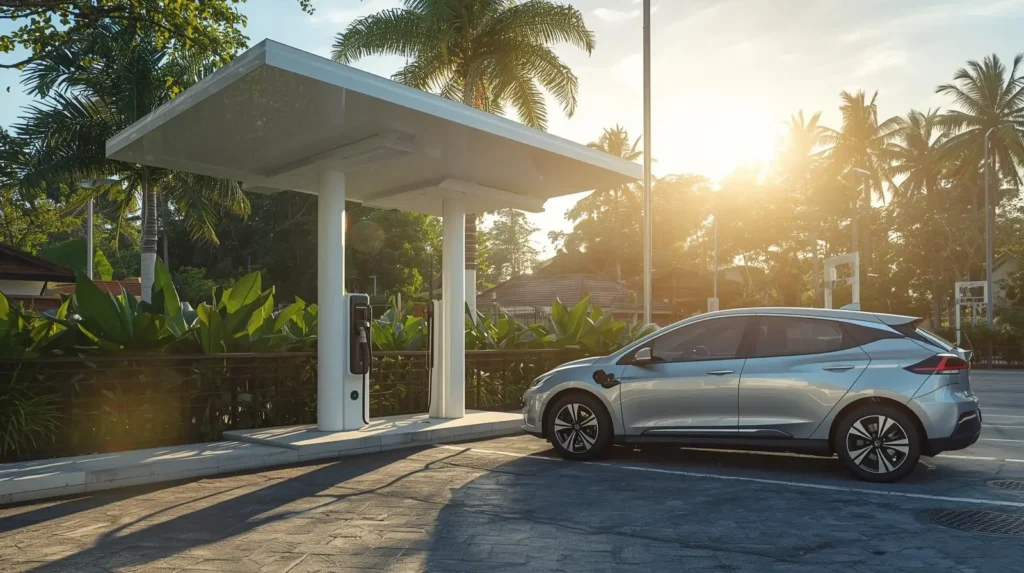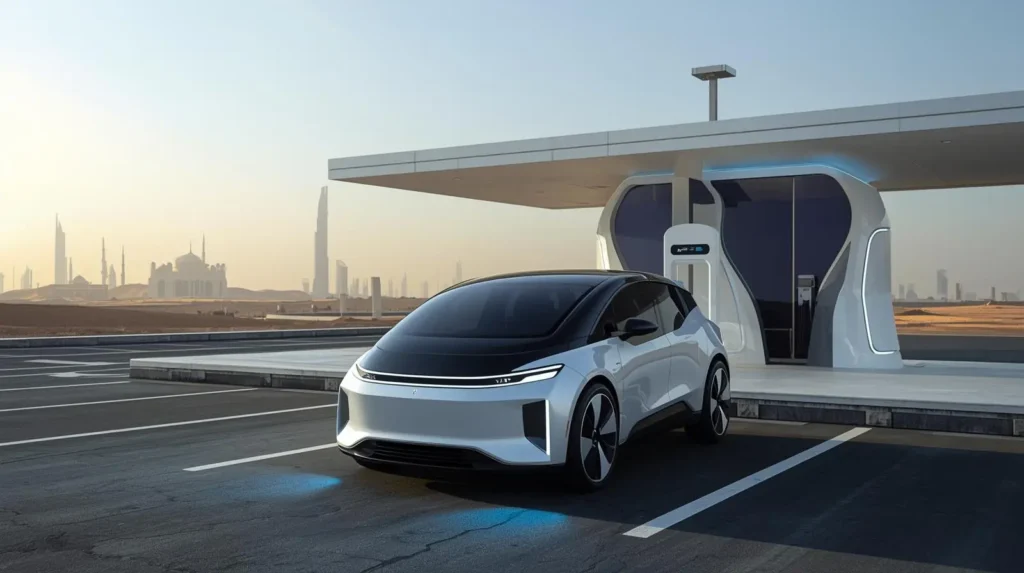
The electric car market in the United States continues to grow, with electric car sales reaching new heights in 2024. However, the pace of growth has slowed compared to previous years, and there are various factors influencing the future trajectory of the market.
In this article, we will explore the trends in electric car sales in the U.S. in 2024, the challenges the market faces, and what’s ahead for the electric vehicle (EV) market in America.
Electric Car Sales in the United States in 2024
In 2024, the electric car market in the United States reached 1.6 million sales, representing a 10% increase compared to 2023. While this shows a positive trend, the growth rate is significantly slower than in 2023, when electric car sales increased by 40%.
Despite this slowdown, electric cars still account for around 10% of the total car market in the U.S., a substantial share considering the relatively recent growth of the industry.
Government Incentives Driving Electric Car Sales in the United States
One of the major factors behind the rise in electric car sales in the United States is the Clean Vehicle Tax Credit. This program offers up to USD 7,500 in tax credits for buyers of new electric cars, which makes these vehicles more affordable for consumers.
However, in 2024, only about 20 electric car models were eligible for the tax credit, which means not all electric vehicles benefit from this financial incentive.
In addition to the federal tax credit, many states offer their own incentives, rebates, and exemptions to encourage the purchase of electric vehicles.
These incentives help reduce the price gap between electric cars and traditional gasoline-powered vehicles, making them more accessible to a wider audience.
Also Read: Check Out the Electric Car Sales in Europe
Tesla’s Dominance and Market Shifts
Tesla has long been the leader in the U.S. electric car market, but in 2024, the company faced some interesting changes. While Tesla’s Model 3 and Model Y remain the top-selling electric vehicles in the U.S., Tesla’s market share has steadily declined from 60% in 2020 to 38% in 2024.
This shift is largely due to the increasing competition from other automakers, many of whom have released new electric vehicle models to compete with Tesla’s offerings.
In 2024, Tesla’s sales saw a slight drop, marking the first time since 2020 that the company’s sales in the U.S. declined. However, non-Tesla manufacturers have seen strong growth.
In fact, electric car sales from other manufacturers increased by about 20% in 2024, showing that consumers are increasingly open to a wider variety of electric vehicles beyond Tesla.
This shift in market dynamics is driven by the growing availability of new electric car models from traditional automakers, such as Ford, Chevrolet, and Rivian, all of which have made significant investments in the electric car market.
As more options become available, consumers now have greater choice, which is helping to diversify the electric car market in the U.S.
Challenges Facing Electric Car Sales in the United States
Despite the growth in electric car sales, there are several challenges that the market in the United States faces moving forward. One of the biggest challenges is the relatively high cost of electric cars compared to traditional vehicles.
While prices have been steadily decreasing, electric cars remain more expensive than conventional vehicles, especially when considering the upfront cost and the cost of the battery.
The availability of affordable electric vehicles is expected to improve as more manufacturers enter the market and production increases. However, the higher price point remains a significant barrier for many consumers, particularly those in lower-income brackets.
Another challenge is the charging infrastructure. Although the number of charging stations in the U.S. has increased in recent years, there are still concerns about the accessibility and convenience of charging networks, especially in rural areas.
As electric cars become more popular, the demand for charging stations is expected to rise, and expanding this infrastructure will be key to supporting the growth of the electric vehicle market in the U.S.
The Role of the Inflation Reduction Act
In 2024, the Inflation Reduction Act introduced new provisions to support the electric vehicle market. These changes made more electric car models eligible for the Clean Vehicle Tax Credit, which could help boost sales in the coming years.
The Act also included measures to incentivize the domestic production of electric vehicle batteries and components, which could reduce reliance on foreign sources and lower the overall cost of electric cars.
By making it easier for consumers to afford electric vehicles and encouraging domestic manufacturing, the Inflation Reduction Act is expected to provide a significant boost to the electric car market in the United States.
It is seen as a major step toward reducing carbon emissions and fostering a sustainable transportation future.
Also Read: Growth of Electric Car Market in China
The Future of Electric Car Sales in the United States
The outlook for electric car sales in the U.S. remains positive, despite the slower growth in 2024. Electric vehicle adoption is expected to continue to rise as battery technology improves and the cost of electric cars decreases.
In addition, the expansion of charging networks and ongoing government incentives will help address some of the key barriers to widespread electric vehicle adoption.
In 2025, electric car sales in the U.S. are projected to increase by 10% or more, as more affordable models become available and new regulations push for greater electrification of the transportation sector.
As the technology continues to evolve, the U.S. is likely to see an even greater shift toward electric vehicles in the years to come.
Conclusion
The electric car market in the United States has made significant progress in recent years, with electric car sales in 2024 reaching 1.6 million vehicles. While growth slowed compared to previous years, the future looks promising as the electric vehicle market continues to evolve.
The Inflation Reduction Act, increasing competition, and ongoing improvements in electric vehicle technology will likely drive further growth in the coming years.
As electric cars become more affordable and the infrastructure improves, the U.S. is on track to become a major player in the global electric vehicle market.
Source: Global EV Outlook 2025



